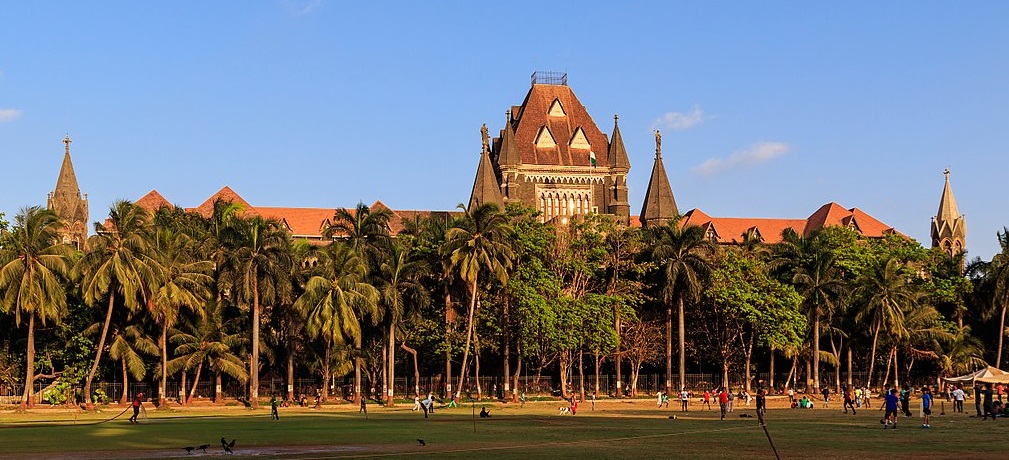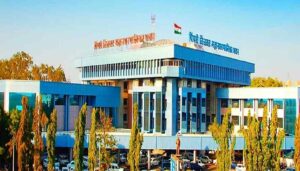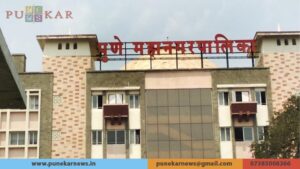Pimpri Chinchwad: Bombay High Court Questions ECI’s Move to Construct Godown On Reserved Plot For Metro Eco Park

Pimpri Chinchwad, 11th May 2024: The Bombay High Court on Thursday (9th May) expressed serious concern over the Election Commission Of India’s (ECI) decision to take over a vacant plot reserved for the Metro Eco Park in Pimpri-Chinchwad and construct a godown there to store EVMs and VVPAT machines. The court questioned how the ECI acquired possession of this reserved plot and objected to how the question was posed. It ordered the ECI to clarify its position on all these matters.
The court emphasized that while conducting elections is a vital public endeavour in a democracy, adherence to the law is equally crucial. Chief Justice Devendra Kumar Upadhyay and Justice Arif Doctor conveyed to the ECI that the concern is not about the intended use of the plot, but rather the process of its acquisition. They observed that the ECI’s actions could send the wrong signal to the public and potentially lead to chaos if allowed to proceed.
Around 600 trees were planted in the eco-park at Ravet in Pimpri-Chinchwad as compensation for those felled during the Pune Metro project. This plot was earmarked for this specific purpose. However, a godown is now being constructed on this open plot to house EVMs and VVPATS. Pune-based environmentalist Prashant Raul, represented by lawyer Ronita Bhattacharya, filed a PIL alleging that a training centre is also being built there. In February, the state government requested the District Collector of Pune to make the vacant land and adjacent plots within the Pune Metropolitan Regional Development Authority (PMRDA) available for godown construction. The petitioners informed the court that despite the Metro Park plot being reserved for government use, the Collector took possession of both plots and commenced godown construction.
The Chief Justice’s bench took serious note of these developments and questioned how possession of the plot was obtained without following due process. They inquired about the legal basis for granting permission without compensation. These questions raised doubts about the ECI’s actions. Senior Advocate Ashutosh Kumbakoni and Advocate Akshay Shinde, representing the ECI and district officials, assured the court that no construction would take place on the reserved or vacant land, and no trees would be disturbed.
Expressing dissatisfaction, the Chief Justice criticized the authorities, urging them not to stifle citizens by transforming open spaces and green belts into concrete jungles. He emphasized the importance of preserving these areas for citizens to breathe freely.







